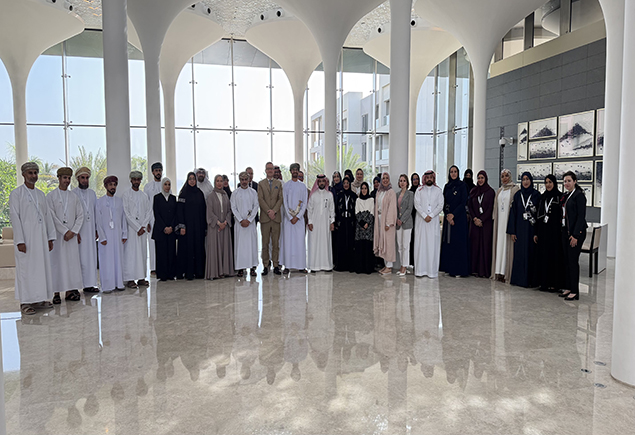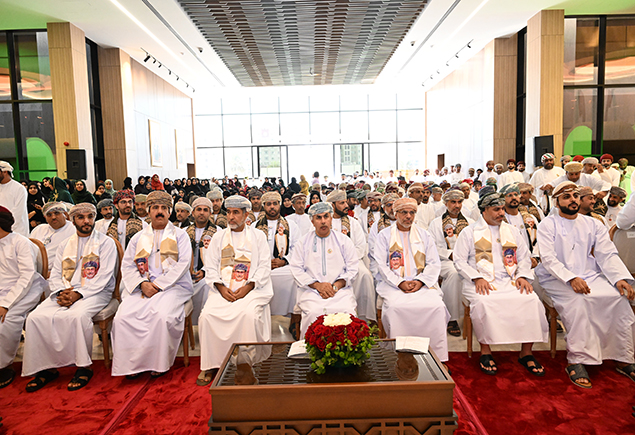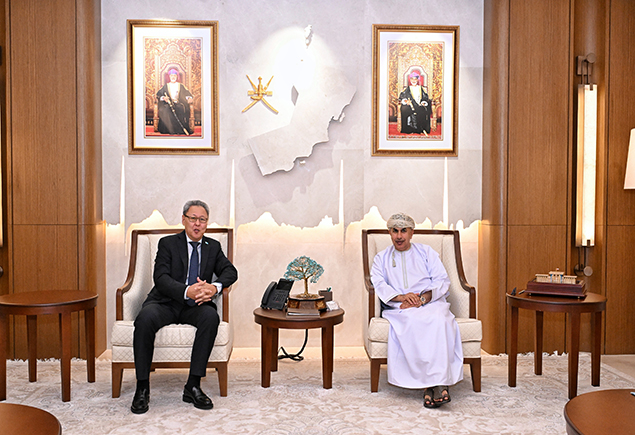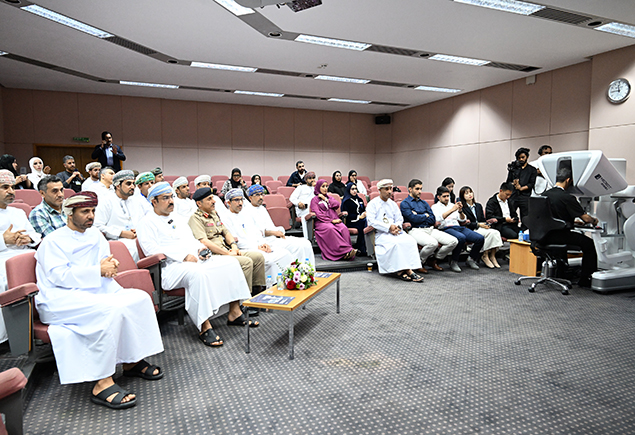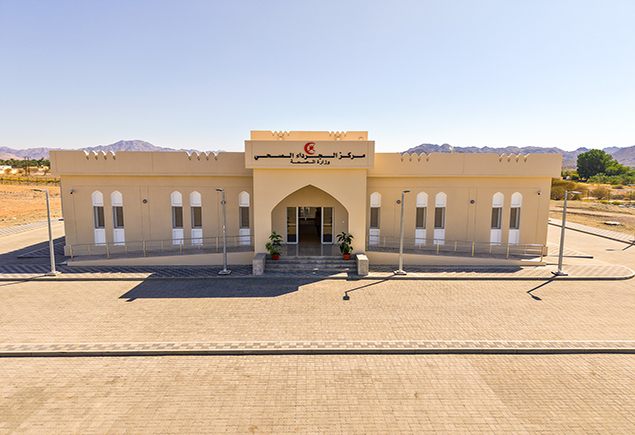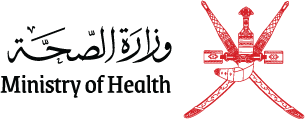The Gulf Workshop on the Governance and Management of Antimicrobial Resistance (AMR), commenced today (Wednesday) at Kempinski Hotel. The event is organized by the Gulf Health Council, represented by the Gulf Center for Disease Prevention and Control (GCDC).
The opening ceremony was inaugurated under the patronage of H.E. Suleiman bin Nasser Al Haji, Ministry of Health’s Undersecretary for Administrative and Financial Affairs, and attended by Dr. Pasi Penttinen, Chief Executive Officer of Gulf CDC, Dr. Zakariya Yahya Al Balushi, Director General of the Center for Disease Control and Prevention; along with several officials and specialists from GCC countries.
In his opening remarks, Dr. Al Balushi emphasized that the workshop builds on ongoing regional efforts to unify Gulf strategies in monitoring and addressing antimicrobial resistance. He highlighted the importance of developing robust reporting tools, improving data quality, and establishing effective national and regional surveillance networks.
"Antimicrobial resistance is not just a scientific challenge; it is a complex issue that requires a coordinated approach under the 'One Health' framework—linking human, animal, and environmental health," he stated. He also affirmed Oman’s commitment to tackling AMR through regional cooperation, knowledge exchange, and harmonized policies to ensure the collective health security of Gulf nations.
Dr. Al Balushi concluded by expressing hope that the workshop would mark a significant step forward in strengthening national and regional capacities and would yield actionable recommendations to support ongoing efforts to combat microbial resistance.
Approximately 50 specialists are participating in the workshop, including AMR program supervisors, clinical epidemiologists, antimicrobial stewardship committee members, infectious disease consultants, and infection prevention and control experts from across the GCC.
This two-day event is part of the Gulf Health Council’s broader efforts to promote unified regional action against one of the world’s most pressing public health threats—antimicrobial resistance, driven largely by the misuse and overuse of antibiotics in human, animal, and environmental sectors.
The workshop focuses on discussing the Gulf AMR Notification and Management Guideline, strengthening infection prevention and control measures, enhancing national and regional monitoring systems, and fostering innovation and expertise-sharing in antimicrobial stewardship.
Key objectives include drafting a unified Gulf action plan to combat AMR and strengthening collaboration in knowledge exchange and capacity-building among member states.
Over the course of two days, the agenda features panel discussions and interactive sessions centered on enhancing surveillance systems, improving data quality and reporting, and exploring innovative strategies to optimize antibiotic use in healthcare settings.
The workshop will conclude with the formulation of practical recommendations and a GCC-wide action plan for AMR aimed at boosting the efficiency of surveillance systems and reinforcing regional efforts to address the growing challenge of antimicrobial resistance in the GCC.

